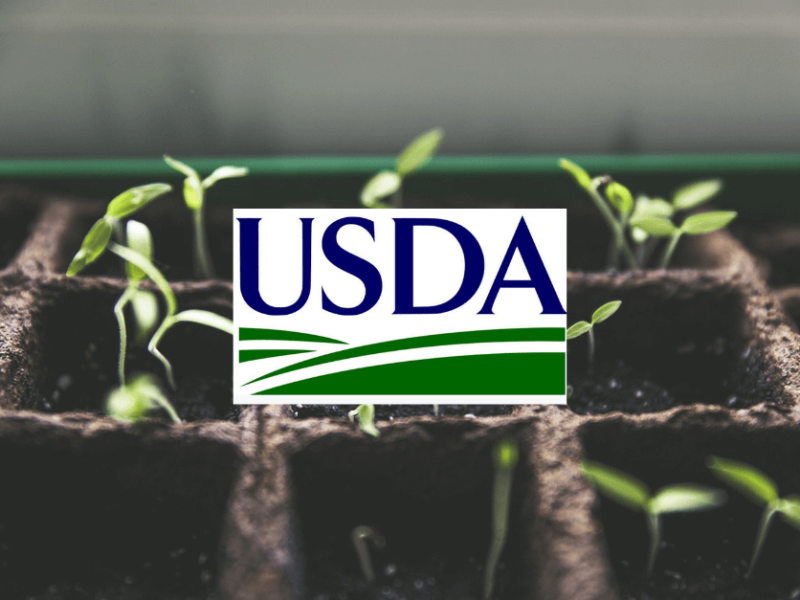The U.S. Department of Agriculture’s (USDA) Animal and Plant Health Inspection Service (APHIS) is soliciting feedback on a proposal to add three modifications that plants could contain and be exempt from USDA’s biotechnology regulations. These modifications are similar and functionally equivalent to modifications that could otherwise be achieved through conventional breeding.
Follow the latest news and policy debates on sustainable agriculture, biomedicine, and other ‘disruptive’ innovations. Subscribe to our newsletter.
The three additional modifications that plants could contain and be exempt from USDA’s biotechnology regulations are:
- the same or distinct loss of function mutations in the paternal and maternal alleles of a single gene resulting from repair of a targeted DNA break in the same location on two homologous chromosomes in the absence of a repair template;
- a contiguous deletion or any size generated using an externally provided repair template, on one or two homologous chromosomes; and
- a change resulting from repair of two targeted double strand breaks on a chromosome, or at the same location on two homologous chromosomes, when the repair results in a contiguous deletion of any size in the presence or absence of a repair template, or in a contiguous deletion of any size combined with an insertion of DNA in the absence of a repair template.































